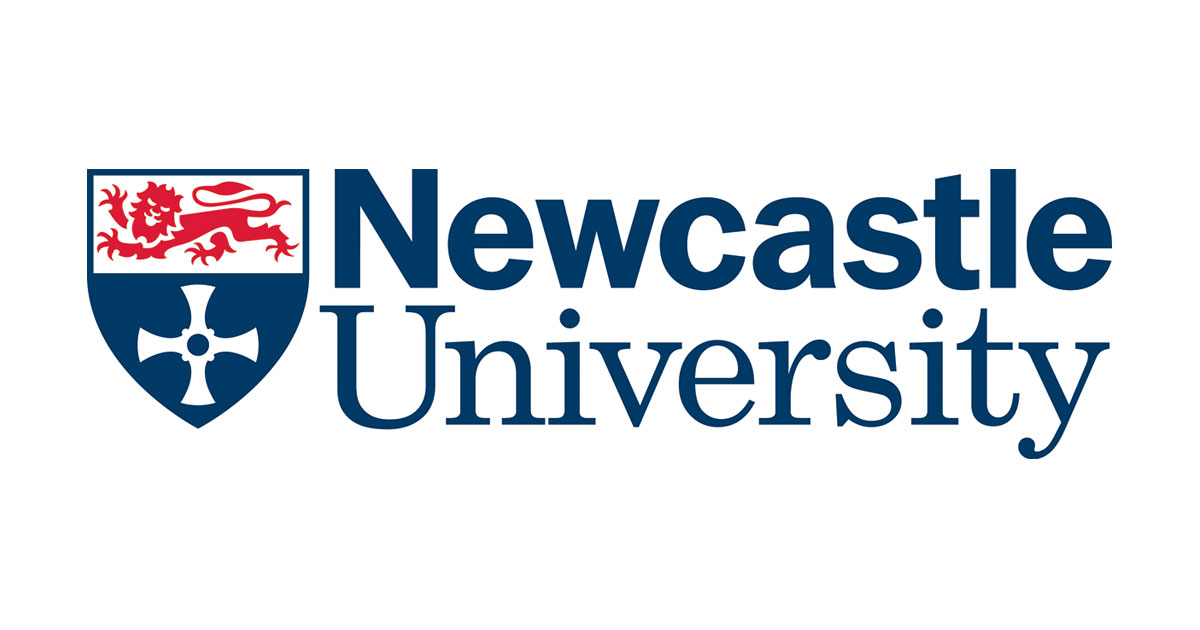
Northumbrian Water
A world first
A digital replica of Newcastle’s entire water infrastructure is being developed. This will allow real-time resilience testing. It will ensure a rapid response to events such as flooding and drought. And it will inform future investment decisions.
Newcastle University researchers are working in partnership with Northumbrian Water to develop this ‘digital twin’. It is technology used in manufacturing and Formula One. The technology has never before been applied to infrastructure across an entire city. It will help to prepare Newcastle for everything from flooding caused by burst water mains to the long-term impacts of climate change.
Digital twin
The digital twin will allow engineers to model the impact of thousands of potential scenarios and take preventative action where necessary. Equipment failure could be modelled in the digital world, for example, and contingency plans put in place long before it became a problem. But the computer model will also play a crucial role in dealing with any problems as they happen.
During a flooding event engineers could use the model to pinpoint the best course of action to resolve the issue. It could provide real-time information to the city council and emergency services. It could even predict which properties are likely to come under threat. It will enable the authorities to act decisively to protect homes and businesses.
Working together
Chris Jones, of Northumbrian Water, says: “We are interested in moving towards a city-scale digital twin because we are operating city and regional-scale infrastructure. If a short-term issues arises, or we are trying to improve long-term resilience, then we need to be able to predict either the impacts or the demands on the infrastructure.
“We are working with Newcastle University on this because they have the building blocks. They have the models which are the starting point and they have the skillset in the engineering and the computer science needed. The University is home to the National Innovation Centre for Data and the School of Computing, which are very strong on the co-modelling techniques that we need.”
A digital replica of Newcastle’s entire water infrastructure is being developed. This will allow real-time resilience testing. It will ensure a rapid response to events such as flooding and drought. And it will inform future investment decisions.
Newcastle University researchers are working in partnership with Northumbrian Water to develop this ‘digital twin’. It is technology used in manufacturing and Formula One. The technology has never before been applied to infrastructure across an entire city. It will help to prepare Newcastle for everything from flooding caused by burst water mains to the long-term impacts of climate change.
Digital twin
The digital twin will allow engineers to model the impact of thousands of potential scenarios and take preventative action where necessary. Equipment failure could be modelled in the digital world, for example, and contingency plans put in place long before it became a problem. But the computer model will also play a crucial role in dealing with any problems as they happen.
During a flooding event engineers could use the model to pinpoint the best course of action to resolve the issue. It could provide real-time information to the city council and emergency services. It could even predict which properties are likely to come under threat. It will enable the authorities to act decisively to protect homes and businesses.
Working together
Chris Jones, of Northumbrian Water, says: “We are interested in moving towards a city-scale digital twin because we are operating city and regional-scale infrastructure. If a short-term issues arises, or we are trying to improve long-term resilience, then we need to be able to predict either the impacts or the demands on the infrastructure.
“We are working with Newcastle University on this because they have the building blocks. They have the models which are the starting point and they have the skillset in the engineering and the computer science needed. The University is home to the National Innovation Centre for Data and the School of Computing, which are very strong on the co-modelling techniques that we need.”
www.ncl.ac.uk



